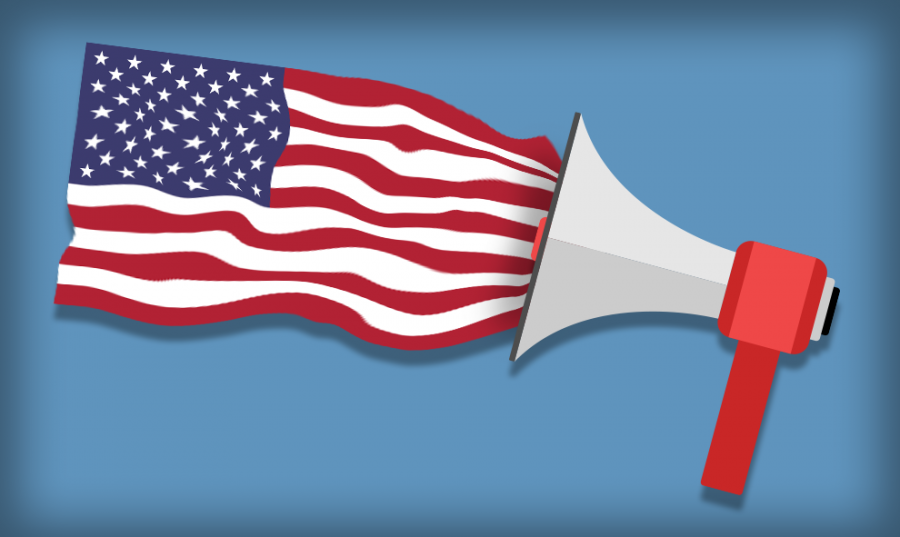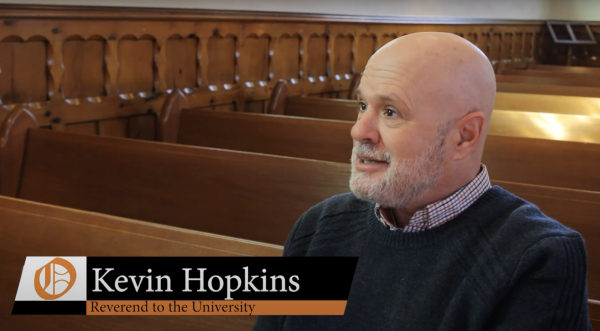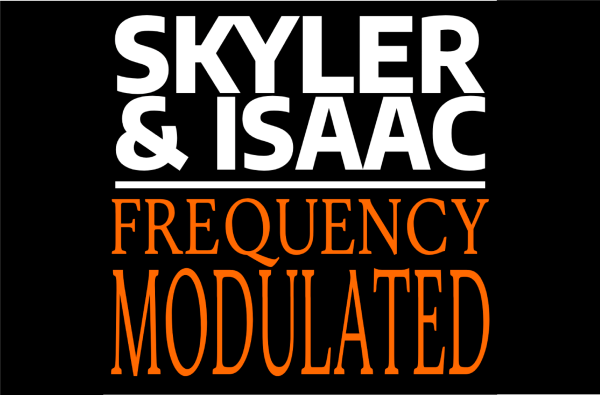Universities attempt to implement ‘free speech zones’
America — frequently synonymous with the word “freedom.” Citizens of our nation enjoy liberties not extended to much of the rest of the world.
One of the most necessary and enjoyed of these advantages is the freedom of speech. However, some colleges are signing legislation and enacting school policies that hinder the magnitude of the First Amendment.
The Foundation for Individual Rights in Education explains that free speech zones are areas on a campus allotted for petition and protest.
According to Campus Reform, several large universities as well as members of the state government are making it so that it is illegal for “any public university in the state to have a so-called ‘free speech zone.’” This means that students cannot walk around freely expressing their viewpoints, particularly if it disrupts a scheduled university event — including the classroom environment.
Several of these policies allow students who act in a way that is perceived as unruly to be disciplined through suspension or other sanctions.
Last spring, the attempt for similar policy to be put into place at public universities in Kansas was deadlocked at 20-20 — only one vote short of passing in the State Senate. This type of legislation is still something that may be revisited.
Baker’s policy regarding free speech and campus demonstrations can be found in the Student Handbook. The University demands that speech and demonstrations do not incite violence or disrupt the school’s operations. It also encourages an orderly environment fueled by respect for the opinions of others.
Baker’s discipline protocols are outlined as well, according to Dean of Students Cassy Bailey, who said that situations that do arise will be dealt with in a fair and careful manner that is best for the student body and individuals involved.
“It has been in effect for over a decade, and it was really thought out when it was put into place,” she said.
Since Baker is a private institution, it does not have to abide by the state mandates for public universities. Bailey said there are several layers that an amendment to a policy must go through before being put into place.
“We get the thoughts and opinions from student senate, faculty and the board of trustees,” she said.
Bailey explained that freedom of expression is an important part of college life and that the policy most likely will not change.
“Free speech is something sacred to our campus and something that is unlikely to be touched in that way,” she said.












